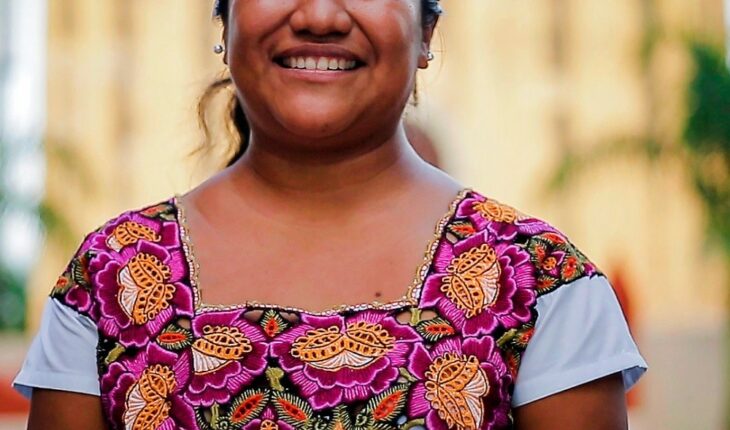The preservation and transmission of traditional knowledge and practices is an essential role of indigenous women through their traditional experience, a role that should be recognized within the framework of the ‘World Day of Indigenous Peoples’. Women are essential pillars in indigenous communities and peoples and play a crucial role in the development and preservation of the essential historical tradition of their peoples. The care of natural resources and traditions through community work, turns women into guardians of scientific knowledge with reins such as the defense of lands or the vindication of human rights. The traditional knowledge of women helps to preserve the long history of interaction of these peoples with the natural environment, encompassing a cultural complex in the practices of resource use, rituals, spirituality and worldviews. Role that continue through family support, becoming leaders and human rights defenders, who suffer from gender inequality and representation of their communities. They suffer from intersectional levels of discrimination based on gender, ethnicity and socioeconomic status and the prohibition of self-government, through the threat to the resources and lands on which indigenous peoples still develop. Indigenous women have made small but significant advances in decision-making processes in some communities, a leadership struggle among the same communities for the exchange of gender roles. Women’s groups become leaders at the local and national levels, and are at the forefront of defending their lands, their cultures and their communities. Despite this, indigenous women are very underrepresented, negatively and disproportionately affected by the aggression, discrimination and violence they suffer on a daily basis. We recommend you read: Mexico will promote actions against arms trafficking at the UN.
The role of women essential for cultural rescue in indigenous peoples
August 9, 2022 |





